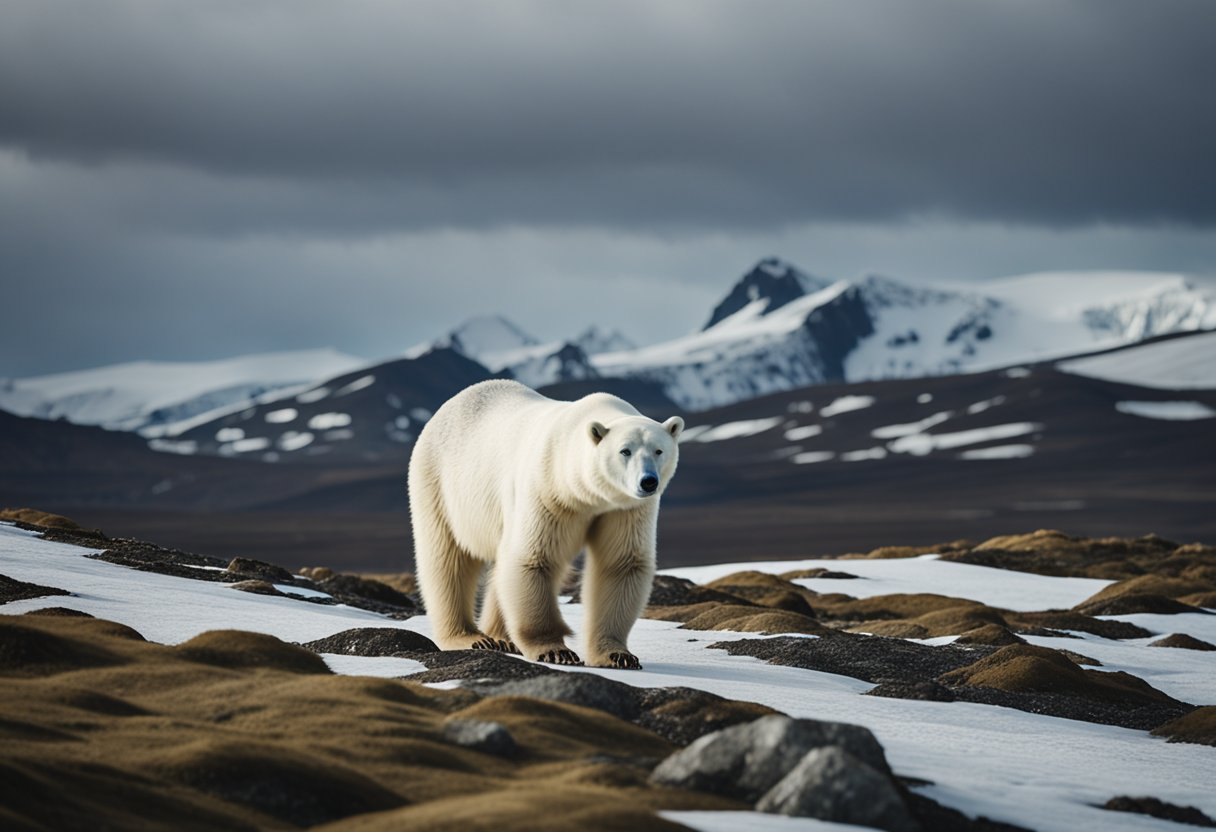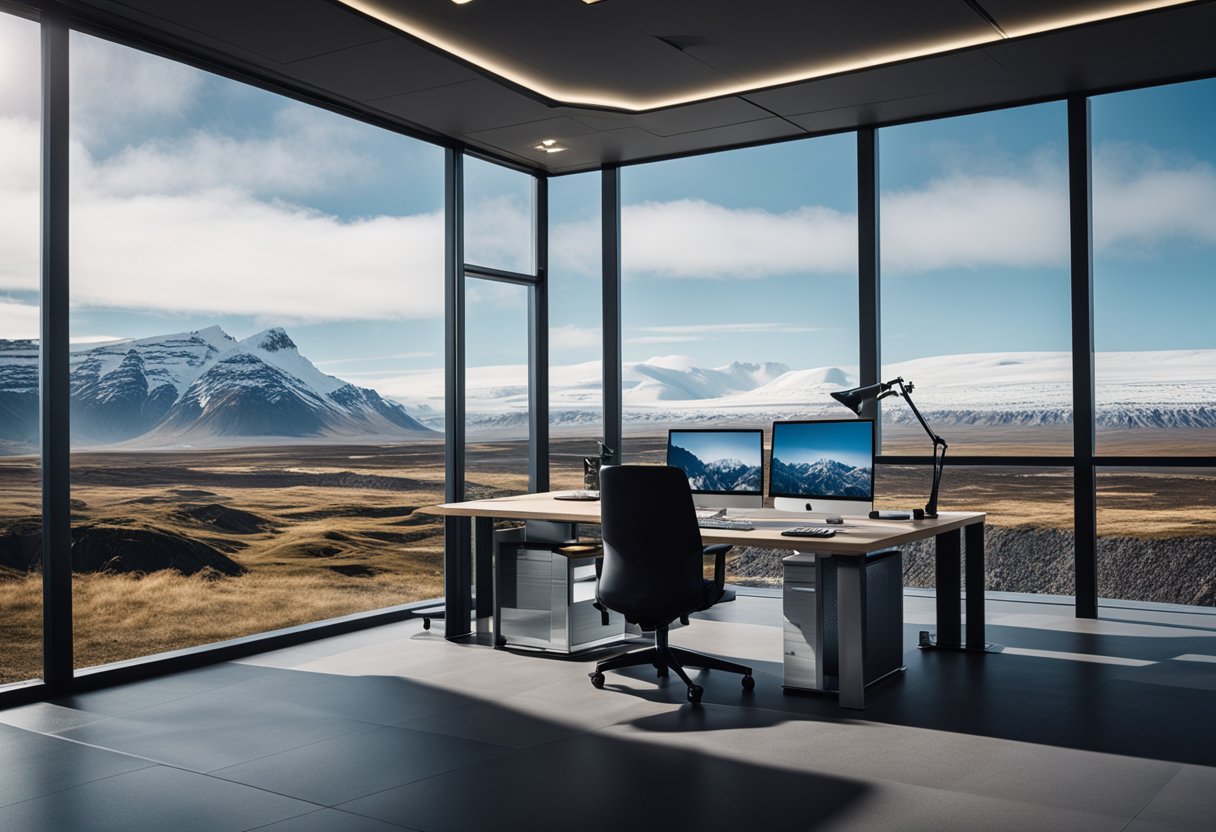Many people wonder who actually owns Iceland, that small island nation sitting in the North Atlantic. The answer is simple yet important to understand.
Iceland is a fully independent republic that belongs to no other nation, having gained complete independence from Denmark in 1944. The country held a national vote and formally established itself as a republic on June 17 of that year.

Before becoming independent, Iceland had a complex relationship with other Nordic countries. It followed Norway into the Kalmar Union in 1397, which brought it under Danish rule. Later, it became the Kingdom of Iceland with its own constitution but still shared a monarch with Denmark. Unlike Greenland, which remains connected to Denmark today, Iceland stands completely on its own.
Iceland now operates with its own parliamentary system and government based in Reykjavik. While not a member of the European Union, the country participates in many international organizations and agreements. Iceland’s independence story shows how a small nation can take control of its destiny and thrive on its own terms.
Key Takeaways
- Iceland has been a sovereign, independent republic since June 17, 1944, with no foreign ownership.
- The capital city of Reykjavik serves as the center of Iceland’s own parliamentary government system.
- Iceland maintains its distinct political identity while participating in international partnerships beyond its borders.
Geographical Overview

Iceland’s unique position on our planet shapes its identity as a nation. Its dramatic landscapes and strategic location have influenced both its history and its governance.
Location and Landscape
Iceland sits at the confluence of the North Atlantic and Arctic Oceans, creating a unique maritime environment. It rests directly on the Mid-Atlantic Ridge, the boundary between the North American and European tectonic plates.
This Nordic island country is Europe’s westernmost nation and is home to Reykjavik, the world’s northernmost capital city. Despite common misconceptions, Iceland is located just south of the Arctic Circle.
Iceland’s landscape is incredibly diverse and constantly changing due to ongoing geological activity. Visitors find dramatic volcanoes, expansive glaciers, powerful waterfalls, and steaming geothermal areas throughout the country.
The island was formed through volcanic eruptions, and this activity continues today. This geological activity provides Iceland with abundant renewable geothermal energy sources.
Comparing Iceland and Greenland
Despite their names suggesting otherwise, Iceland has significantly less ice coverage than Greenland. This naming confusion has an interesting historical background but doesn’t reflect the actual geography of either island.
Greenland is much larger than Iceland – in fact, it’s the world’s largest island that isn’t a continent. Iceland covers about 103,000 square kilometers, while Greenland spans approximately 2.2 million square kilometers.
Both islands share the North Atlantic region, but their climates differ notably. Iceland enjoys a milder climate thanks to the Gulf Stream, while Greenland experiences much harsher Arctic conditions.
The population distribution also contrasts sharply. Iceland has about 370,000 residents spread across the island, while Greenland, despite its massive size, has only around 56,000 inhabitants mostly living along coastal areas.
Political Structure

Iceland operates as a constitutional republic with a democratic system that balances power between different branches of government. The nation has a clear division of responsibilities from the national level down to its capital city.
Government and Sovereignty
The Republic of Iceland functions as a constitutional republic with a multi-party system. The President serves as the head of state, though executive power primarily rests with the Government.
Iceland gained full independence in 1944 when its current constitution was adopted, establishing a parliamentary democracy with a directly elected president.
The Icelandic Parliament, called the Althing, is the main legislative body. It has 54 members who are elected through proportional representation. This system allows for multiple political parties to gain seats.
Major political parties in Iceland include:
- Independence Party (IP)
- Progressive Party (PP)
- Social Democratic Alliance (SDA)
- Left-Green Party (LGP)
- Liberal Party (LP)
All citizens enjoy universal suffrage, making Iceland a strong example of inclusive democracy.
Capital City Governance
Reykjavik, as Iceland’s capital, plays a crucial role in the nation’s governance structure. The city hosts the main government buildings where national policies are debated and implemented.
The city itself has its own local government structure with a mayor and city council. They handle local affairs while working within the national framework established by the central government.
Reykjavik’s position as the political center makes it the hub where most governmental decisions take place. Most ministries and official institutions have their headquarters in the capital.
The city council manages local services, urban planning, and community development. They work closely with the national government on matters that affect both local and national interests.
Citizens of Reykjavik participate in both local elections for city governance and national elections for parliamentary representation.
Economic Insights

Iceland’s economy blends strong government presence with foreign investment in key sectors. Its rich natural resources form the foundation of trade relationships, particularly with the United States, while foreign ownership concentrates in specific industries vital to the nation’s economic growth.
National Resources and Trade
Iceland’s economy relies heavily on its abundant natural resources, particularly geothermal energy, fishing stocks, and aluminum production. The Icelandic Government maintains significant control over energy resources and fishing quotas, ensuring these national treasures benefit citizens.
The United States stands as Iceland’s largest trading partner by country, primarily due to American tourism. This relationship highlights Iceland’s successful pivot toward service industries, especially tourism, after recovering from the 2008 financial crisis.
Iceland’s economy has shown remarkable resilience, becoming one of the fastest-growing in the OECD. This growth stems from foreign tourism and strong domestic demand, demonstrating how effectively the country leverages its natural beauty and resources.
Foreign Investment and Ownership
While the Icelandic Government maintains control over key sectors, foreign investment plays a vital role in the economy. American investment has concentrated primarily in the aluminum sector, with companies like Alcoa and Century Aluminum operating plants throughout the country.
Iceland’s economy has stabilized significantly since 2012, growing steadily under various administrations. After the financial crisis, the government implemented reforms to attract responsible foreign investment while protecting national interests.
Foreign ownership remains limited in fishing and energy sectors, where the Icelandic Government maintains strategic control. However, tourism, technology, and manufacturing have seen increased international investment, creating a balanced approach to economic development.
The financial sector has also undergone transformation, with stricter regulations guiding foreign ownership of Icelandic banks to prevent the issues that contributed to the 2008 crisis.
Cultural Significance

Iceland’s culture plays a huge role in shaping both national identity and its place on the world stage. The country’s unique heritage and traditions have developed in relative isolation but now fascinate people worldwide.
Heritage and Identity
Icelanders have a strong connection to their Viking history, which forms the backbone of their cultural identity. This heritage is celebrated through festivals, literature, and everyday customs in Reykjavik and across the island.
The Icelandic language remains remarkably similar to Old Norse, allowing modern Icelanders to read ancient sagas written centuries ago. This linguistic continuity is a source of national pride.
Icelanders value directness and honesty in their communication style. These traits reflect the practical mindset developed through centuries of surviving in a challenging landscape.
Traditional crafts like wool working and silversmithing continue to thrive, with many artisans blending ancient techniques with modern designs.
Impact on Global Culture
Iceland has an outsized cultural influence given its small population. Its music scene has produced internationally renowned artists like Björk and Sigur Rós, whose sounds often reflect the country’s dramatic landscapes.
Icelandic literature, especially crime fiction and poetry, has gained worldwide readership. The country publishes more books per capita than most nations, with the Christmas book flood (Jólabókaflóð) being a beloved tradition.
Iceland’s unique geography has made it a popular filming location for major productions like Game of Thrones, introducing millions to its volcanic landscapes and glaciers.
Tourism in Reykjavik and beyond has boomed partly due to interest in experiencing Icelandic culture firsthand – from trying traditional foods to enjoying geothermal pools.
Corporate Presence

Companies from Iceland and international corporations operating in Iceland shape the country’s business landscape. Corporate ownership in Iceland includes both local registered businesses and foreign entities that have established subsidiaries or operations.
The Brand ‘Iceland Foods’
Iceland Foods is a British supermarket chain specializing in frozen foods and groceries. Despite its name, Iceland Foods has no connection to the country of Iceland. The company was founded in 1970 by Malcolm Walker in Shropshire, England.
In 2005, Iceland Foods tried to trademark the name “Iceland” in the European Union. This led to a legal dispute with the Icelandic government. The government argued that a private company shouldn’t own the name of their country.
After years of legal battles, Iceland Foods lost its trademark rights in 2019. The European Union Intellectual Property Office ruled that the term “Iceland” was too broad for a single company to own.
Today, Iceland Foods operates over 950 stores across the UK and has expanded into other European markets.
Economic Contributions
Foreign companies make significant contributions to Iceland’s economy through investments and job creation. The Icelandic government maintains ownership stakes in 44 companies. Several of these companies are considered systemically important to the economy.
These state-owned enterprises operate across various sectors including energy, banking, and transportation. They play a key role in Iceland’s economic stability and development.
Foreign investment in Iceland faces some restrictions. For example, limited liability companies registered in Iceland can only own or lease real property if all board members are Icelandic nationals or have specific residency qualifications.
All corporations incorporated and registered in Iceland are considered tax residents and subject to Icelandic tax laws. This applies regardless of where their operations are based.




